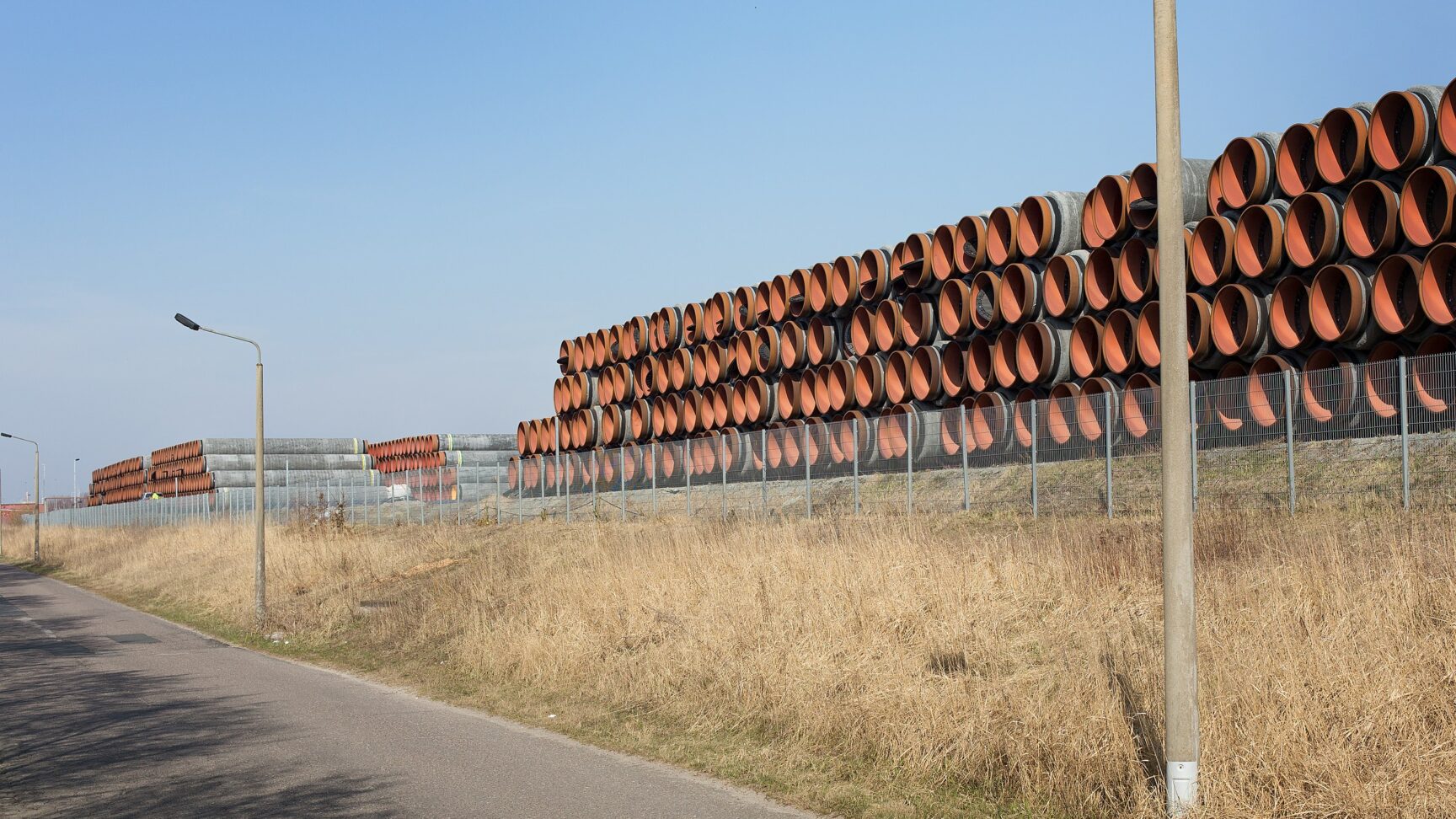
Conscious uncoupling: Europeans’ Russian gas challenge in 2023
Europeans made remarkable progress in removing Russian gas from their energy mix in 2022. But 2023 brings with it a whole host of new challenges
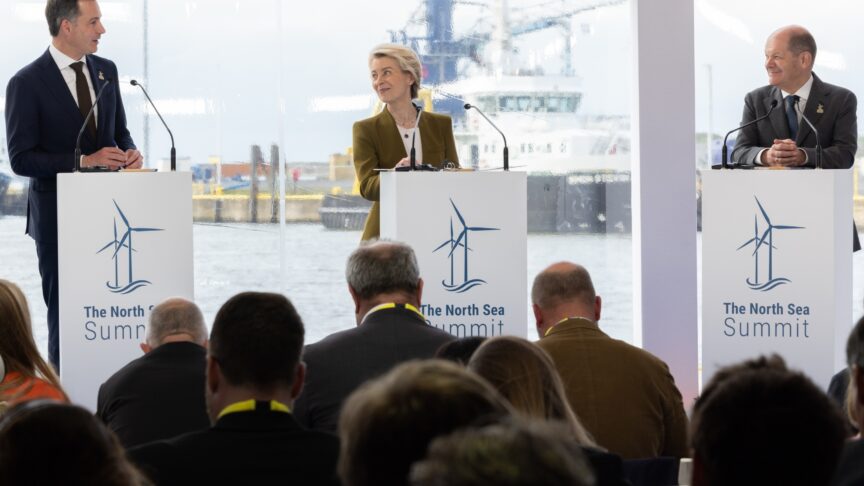
Since Russia’s invasion of Ukraine, the EU and its member states have intensified their energy diplomacy, moving away from Russian supplies and towards more secure – and greener – alternatives. But to do so efficiently, greater coordination at the EU-level is needed
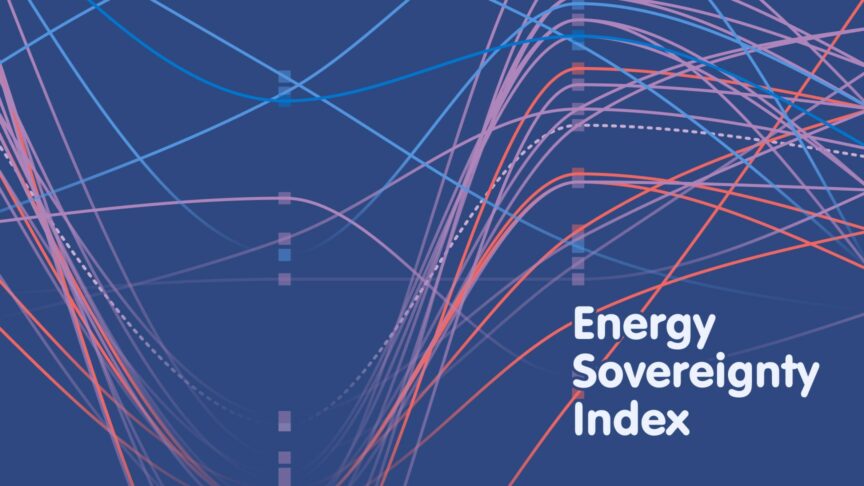
ECFR presents an innovative new way to assess the energy sovereignty of EU member states in the wake of Russia’s invasion of Ukraine
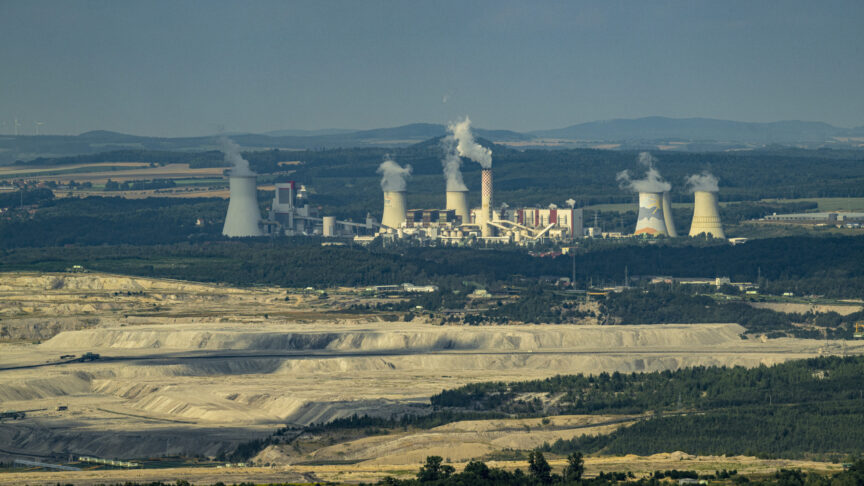
Poland has the potential for an ambitious energy transition – which it should treat comparably to its accession to the EU and NATO
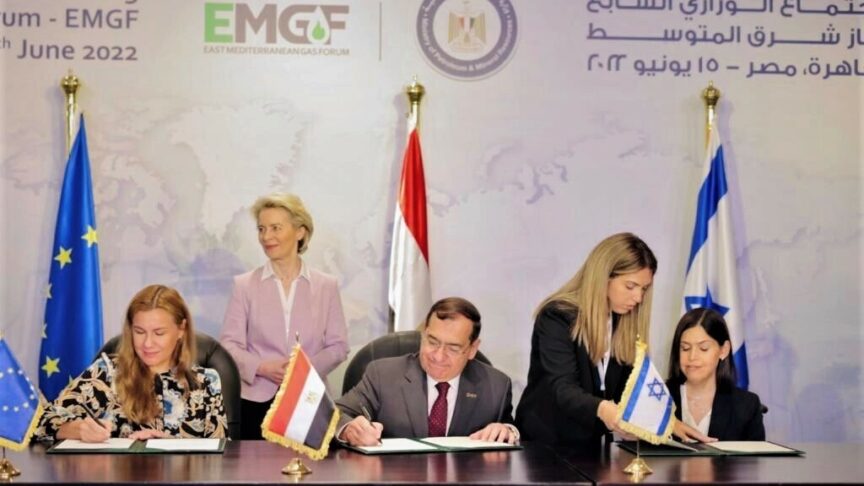
The war in Ukraine has forced Europeans to keep the lights on through adopting a far more strategic approach to their energy security. ECFR’s Energy Deals Tracker has monitored the success of the EU’s energy diversification – and identifies challenges ahead
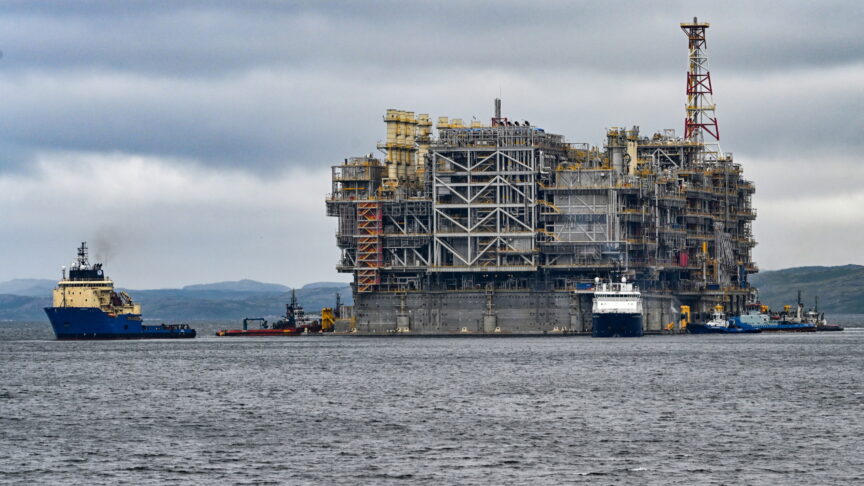
When Russia drastically reduced gas supplies to Europe in 2022, European countries scrambled to find new suppliers. Paradoxically, the biggest victim of the Kremlin’s gas war seems to be Russia itself
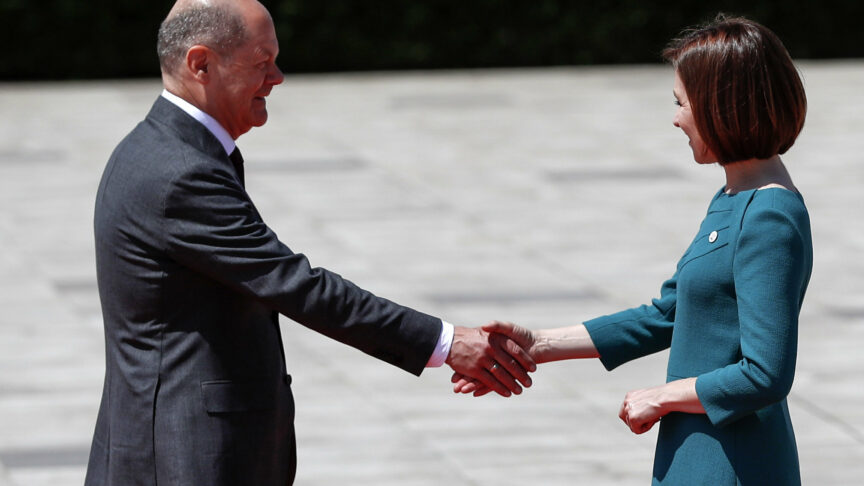
As Europe’s leaders meet in Moldova, the potential of the European Political Community to contribute to security and foster connection across the continent is becoming ever clearer
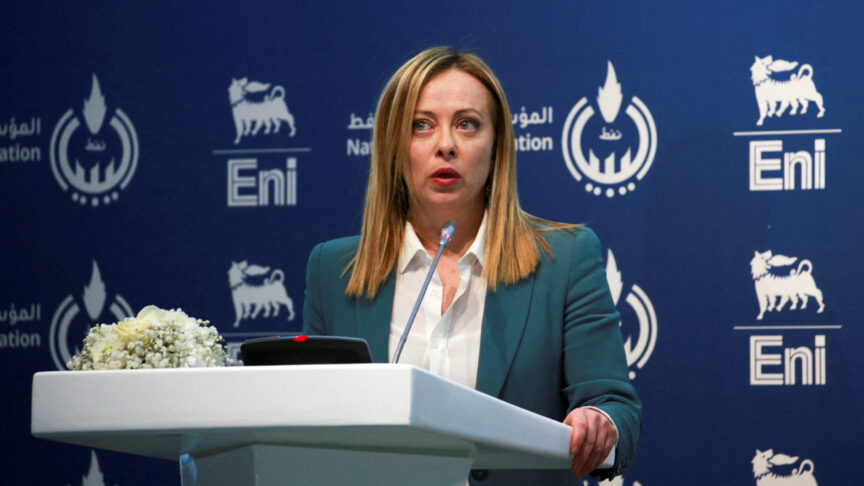
Italy has revived its ambitions to become a gas hub for Europe. But the plan is destined for the same pitfalls as past plans if it is not part of a broader European strategy
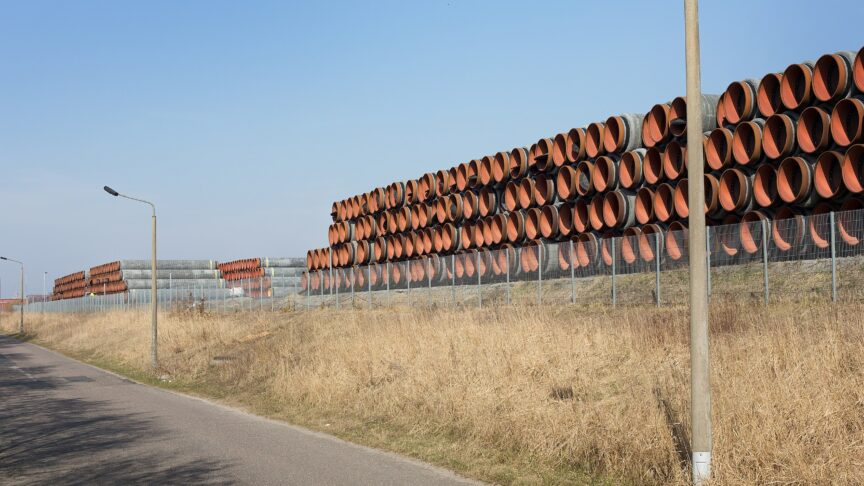
Europeans made remarkable progress in removing Russian gas from their energy mix in 2022. But 2023 brings with it a whole host of new challenges
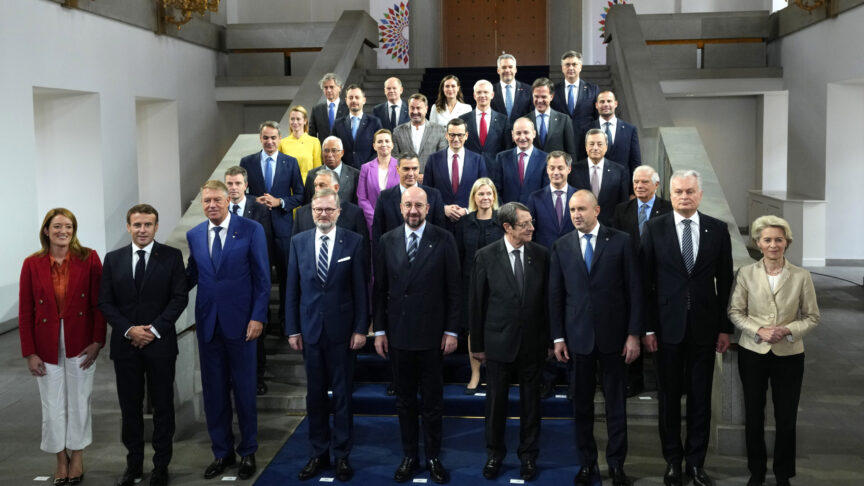
The EU and its member states have taken unprecedented steps to reduce their dependence on Russian energy resources. ECFR’s new EU Energy Deals Tracker documents Europeans’ agreements with new suppliers – and highlights four key lessons for policymakers
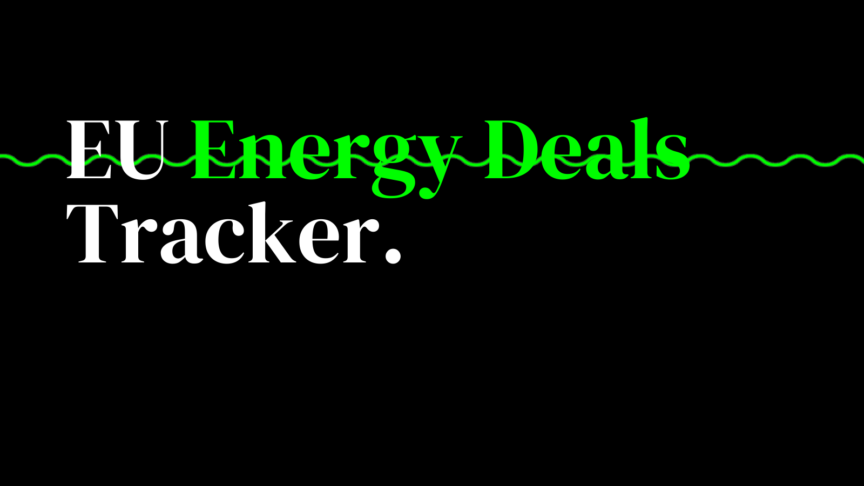
The energy deals the EU and its member states are now making with third countries will shape Europeans’ ability to protect their energy security in the long term. The EU Energy Deals Tracker provides a comprehensive overview of these agreements, including their implications for the sustainable transition

Poland has the potential for an ambitious energy transition – which it should treat comparably to its accession to the EU and NATO

Since Russia’s invasion of Ukraine, the EU and its member states have intensified their energy diplomacy, moving away from Russian supplies and towards more secure – and greener – alternatives. But to do so efficiently, greater coordination at the EU-level is needed

The war in Ukraine has forced Europeans to keep the lights on through adopting a far more strategic approach to their energy security. ECFR’s Energy Deals Tracker has monitored the success of the EU’s energy diversification – and identifies challenges ahead

When Russia drastically reduced gas supplies to Europe in 2022, European countries scrambled to find new suppliers. Paradoxically, the biggest victim of the Kremlin’s gas war seems to be Russia itself

As Europe’s leaders meet in Moldova, the potential of the European Political Community to contribute to security and foster connection across the continent is becoming ever clearer

Italy has revived its ambitions to become a gas hub for Europe. But the plan is destined for the same pitfalls as past plans if it is not part of a broader European strategy

Europeans made remarkable progress in removing Russian gas from their energy mix in 2022. But 2023 brings with it a whole host of new challenges

The EU and its member states have taken unprecedented steps to reduce their dependence on Russian energy resources. ECFR’s new EU Energy Deals Tracker documents Europeans’ agreements with new suppliers – and highlights four key lessons for policymakers
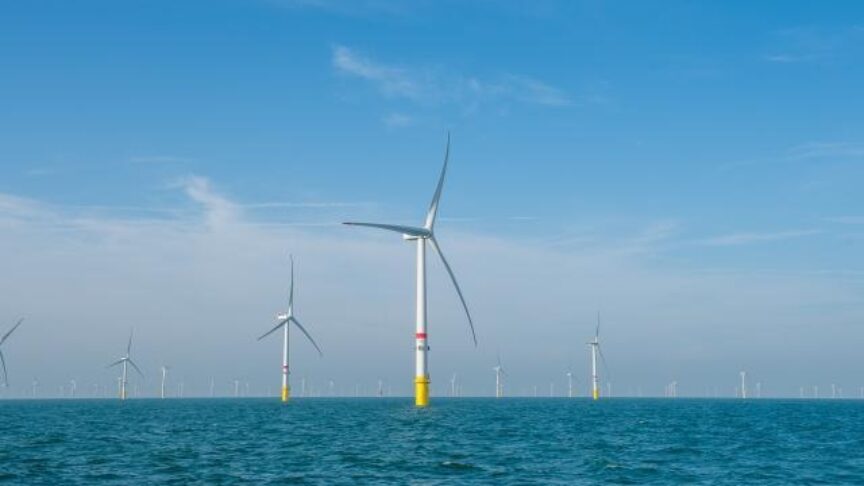
European leaders are realising that short-term fixes on gas supplies have long-term implications. They should include renewables in their deals with new suppliers to speed up the process of decarbonisation

ECFR presents an innovative new way to assess the energy sovereignty of EU member states in the wake of Russia’s invasion of Ukraine

The energy deals the EU and its member states are now making with third countries will shape Europeans’ ability to protect their energy security in the long term. The EU Energy Deals Tracker provides a comprehensive overview of these agreements, including their implications for the sustainable transition